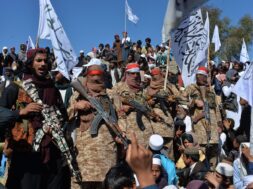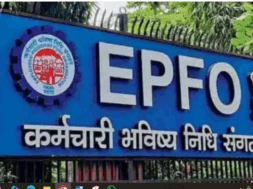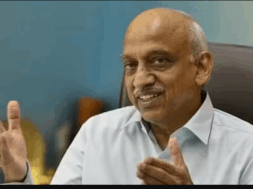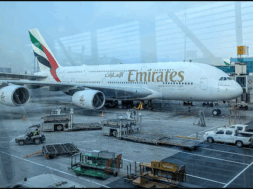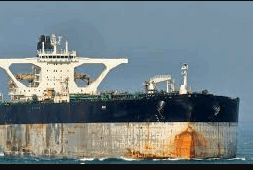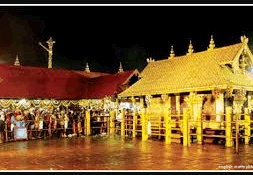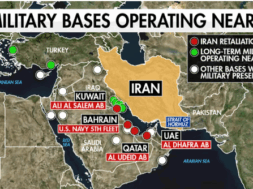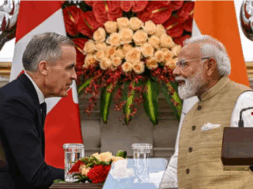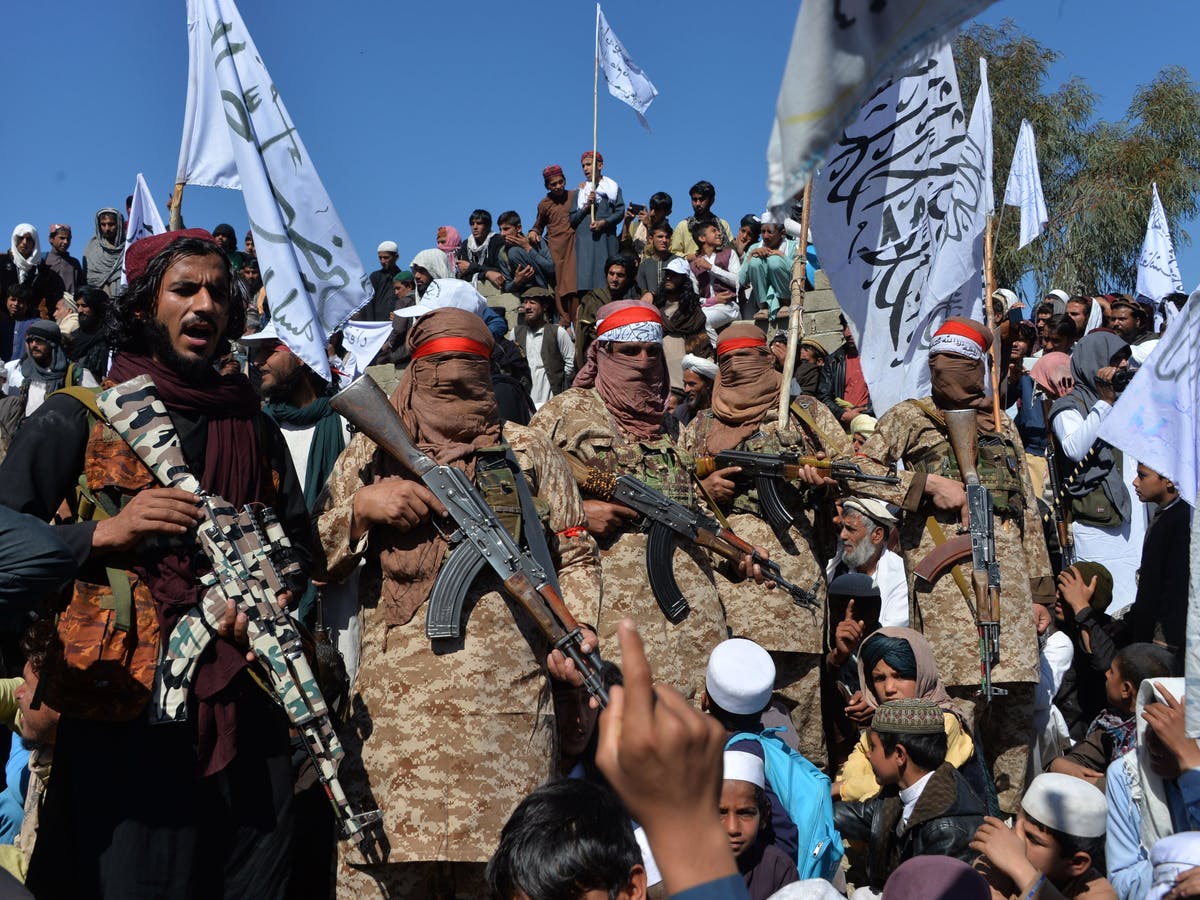
Taliban Denies Death of Baradar, US Charge Pakistan of “Harbouring” Militants
Manas Dasgupta
NEW DELHI, Sept 14: Even as the Taliban has refuted the claims of internal strife and has denied the killing of its deputy prime minister Mullah Abdul Ghani Baradar, the United States has charged Pakistan of “harbouring” the Taliban including the terrorists from the proscribed Haqqani network.
The fact that the Taliban had to issue denials because Baradar was not seen in the public for the last several days underline the start of the internal strife within the Taliban in a month after it run over Afghanistan and took control of the country by August 15, particularly because of the now public secret that the political leaders of Afghanistan to which Baradar belonged, do not see eye-to-eye with the Haqqani terrorists which owe its allegiance to Pakistan.
The Taliban on Tuesday have denied that one of their top leaders has been killed in a shootout with rivals, following rumours about internal splits in the movement nearly a month after its lightning victory over the Western-backed government in Kabul. The Taliban also released video footage purportedly showing Baradar at meetings in the southern city of Kandahar.
Suhail Shaheen, a Taliban spokesman, said Mullah Abdul Ghani Baradar, former head of the Taliban political office who was named deputy prime minister last week, issued a voice message rejecting claims he had been killed or injured in a clash with the Haqqanis. “He says it is lies and totally baseless,” Shaheen said in a message on Twitter.
The US secretary of state Antony Blinken, meanwhile, told the House Foreign Affairs Committee that Pakistan was deeply involved in “hedging its bets constantly” about the future of Afghanistan and was the one “that’s involved harbouring members of the Taliban, including the Haqqanis,” Blinken said. “Pakistan has harboured members of the Taliban, including terrorists from the proscribed Haqqani Network, and needs to “line up” with a broad majority of the international community regarding Afghanistan.” The top diplomat said Pakistan has a “multiplicity of interests” including some that are in “clear conflict” with that of the United States. When asked about how the US sees Islamabad’s involvement in Afghanistan. Blinken, while testifying before Congress on the Taliban victory in Afghanistan, said India’s involvement in Afghanistan has influenced some “detrimental” actions by Pakistan.
The denials by Taliban of Baradar’s death followed days of rumours that supporters of Baradar had clashed with those of Sirajuddin Haqqani, head of the Haqqani network that is based near the border with Pakistan and was blamed for some of the worst suicide attacks of the war. The rumours follow speculation over possible rivalries between military commanders like Haqqani and leaders from the political office in Doha like Baradar, who led diplomatic efforts to reach a settlement with the United States.
The Taliban have repeatedly denied the speculation over internal divisions. Baradar, once seen as the likely head of a Taliban government, had not been seen in public for some time and was not part of the ministerial delegation which met Qatari Foreign Minister Sheikh Mohammed bin Abdulrahman Al-Thani in Kabul on Sunday. It was also claimed that Baradar was denied prime minister’s post in the interim government because of the opposition from the Haqqanis.
The movement’s supreme leader, Mullah Haibatullah Akhundzada, has also not been seen in public since the Taliban seized Kabul on Aug. 15, although he issued a public statement when the new government was formed last week. Speculation over Taliban leaders has been fed by the circumstances surrounding the death of the movement’s founder, Mullah Omar, which was only made public in 2015 two years after it happened, setting off bitter recriminations among the leadership.
The Taliban, meanwhile, has also claimed that they have found $6.5 million and 18 gold bricks during a raid at the residence of former Afghanistan vice-president Amrullah Saleh who ran away to Panjshir valley after the fall of Kabul and escape of the deposed president Ashraf Ghani to UAE. Earlier, the Taliban had executed Amrullah Saleh’s brother Rohullah, reportedly during fighting in Panjshir, a last holdout of the resistance forces. The whereabouts of Amrullah Saleh and Ahmad Massoud, leader of the Northern Resistance Force, are not yet known.
Pakistan has had deep ties with the Taliban and has been accused of supporting the group overtly and covertly. Those charges have been denied by Islamabad. Pakistan is also considered as one of the two countries, along with Qatar, with the most influence over the Taliban. It is also a place where many senior Taliban leaders were believed to have escaped to after the US-led invasion of Afghanistan in 2001. Amrullah Saleh alleged earlier this month the Taliban were being micromanaged by ISI—Pakistan’s notorious intelligence agency—and that Islamabad is in charge of Afghanistan effectively as a colonial power.
US lawmaker Bill Keating during the testimony before the House Foreign Affairs Committee reminded Pakistan Prime Minister Imran Khan’s remarks after the Taliban seized control. “Prime Minister Khan claimed Afghanistan had broken the shackles of slavery. So we used to always hear diplomatically that we have a complicated relationship with Pakistan. I would say it’s often duplicitous,” he said.
He said Pakistan’s ISI had such strong ties in cooperation with the Haqqani Network, “responsible for so many things including the deaths of some of our soldiers, and even recently when the Taliban took over in the last month.”
Keating asked Blinken how the US can reassess that relationship “how we, how we learn from their actions” as well as a way forward. Blinken said Pakistan was involved in “hedging its bets constantly” about the future of Afghanistan. “It’s one that’s involved harbouring members of the Taliban, including the Haqqanis. It’s one that’s also involved at different points, cooperation with us on counterterrorism, and so there are a number of things that have come into play it. It has a multiplicity of interests, some that are in conflict, clear conflict with ours,” Blinken said.
“When it comes to Afghanistan, it’s focused, of course as well, on, on India and the role that India is playing in Afghanistan, and it looks at it through that prism as well. All of these things, I think, have influenced what it has done on many occasions detrimental to our interests. On other occasions in support of those interests,” Blinken added.
The US top diplomat said if the Taliban want any legitimacy or any support going forward, it must ensure freedom of travel to include making good on its commitments on not allowing Afghanistan to be used as a haven for outward-directed terrorism to include upholding the basic rights of the Afghan people. Democratic Representative Joaquin Castro also called on the US to consider removing its status as a major non-Nato ally which gives Pakistan privileged access to US weaponry.
Qatar, meanwhile, warned on Tuesday that it would not take responsibility for Kabul airport without “clear” agreements with all involved, including the Taliban, about its operations. Doha has become a key broker in Afghanistan following last month’s withdrawal of US forces, helping evacuate thousands of foreigners and Afghans, engaging the new Taliban rulers and supporting operations at Kabul airport.
“We need to make sure that everything is addressed very clearly otherwise… we are not able to take any responsibility of the airport (if) all these things are not addressed,” Foreign Minister Sheikh Mohammed bin Abdulrahman Al-Thani said at a press briefing. “Right now the status is still (under) negotiation.” Since the US pullout, Qatar Airways planes have made several trips to Kabul, flying in aid and Doha’s representatives and ferrying out foreign passport holders.
With the T20 Cricket world cup round the corner, uncertainty of the government functioning is worrying the Afghanistan Cricket Board if it would be able to participate in the mega tournament, particularly after the Australian captain Tim Paine last week expressed the apprehension if other cricketing nations would agree to play against Afghanistan in the world cup because it did not support women’s cricket, one of the key conditions of the International Cricket Council (ICC) for recognition.
“The Afghanistan Cricket Board (ACB) is committed to promoting women’s game in the country and is optimistic their one-off test against Australia in November will go ahead,” new chairman Azizullah Fazli said on Tuesday. The ACB fears being isolated after Cricket Australia (CA) threatened to scrap a test match against the men’s team if Afghanistan’s new Taliban government did not allow women to play the sport.
The Australian board said driving the growth of women’s cricket was “incredibly important” to it but Fazli said the CA communication was result of a “misunderstanding” which was being cleared up.
“We officially talked with them and the issue regarding the test match will be resolved,” Fazli said. A Cricket Australia spokesman confirmed they were in “regular dialogue with the ACB” but said that, as things stand, the board’s position on the Hobart test had not changed from last week.
The row was sparked when a Taliban representative last week told Australian broadcaster SBS that he did not think women would be allowed to play cricket because it was “not necessary” and would be against Islam.
Fazli, who returned as the ACB chairman last month in the first major cricket development in the country since the Taliban took control, said he was still awaiting instructions from the government on the future of women’s cricket. “The new government of Afghanistan is focusing on its priority programmes,” the administrator said. “They haven’t told us anything regarding women cricket (but) we are committed to maintaining and supporting women cricket,” he said.
